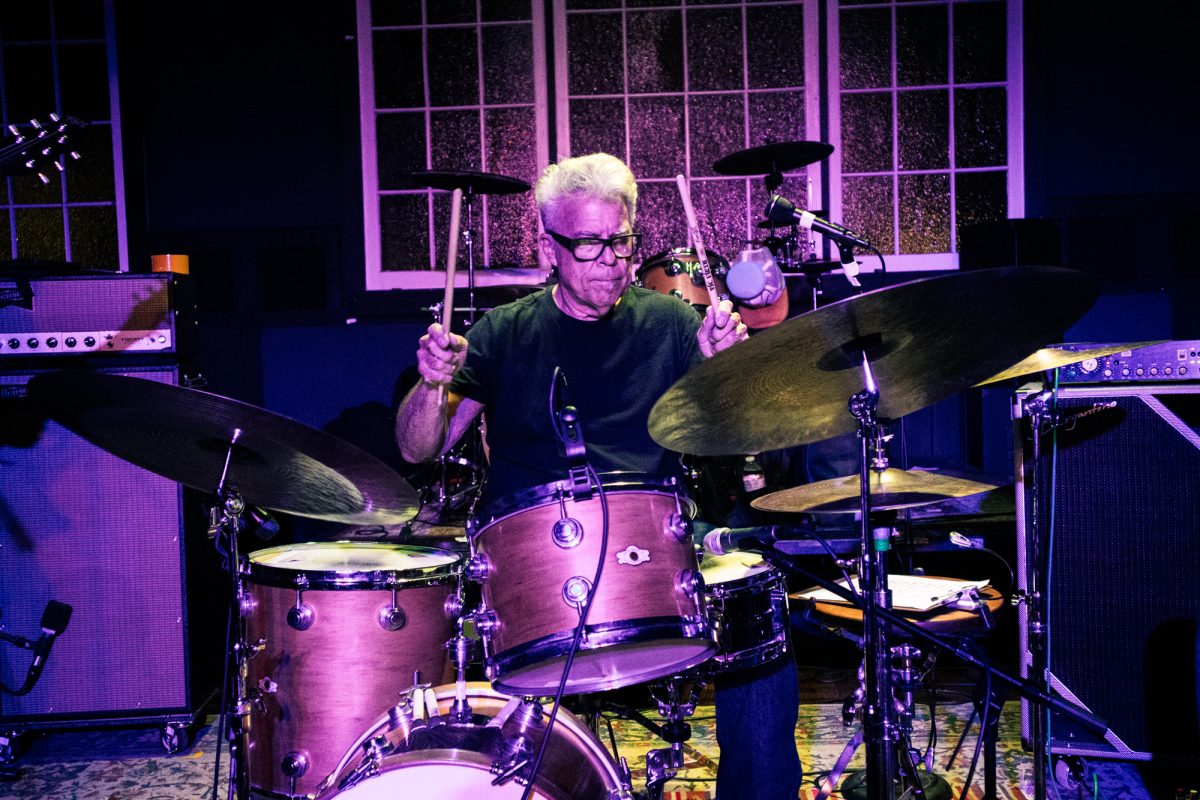Legal uncertainty has significantly impacted stem cell research in the U.S., according to a recent survey published in the journal Cell Stem Cell.
Aaron Levine, who conducted the study, solicited responses from 370 stem cell scientists regarding a recent federal court ruling on the already confusing area of federal stem cell funding.
Embryonic stem cell research has alternatively had its funding cut and expanded in the past decade because of disputes over whether federal funds financed the collection of stem cells from embryos or merely supported research on previously cultured cell lines.
Last August, U.S. District Court Judge Royce Lamberth suspended federal funding for embryonic stem cells while the legality of President Barack Obama’s research plan was debated. As a result, the National Institute of Health briefly stopped reviewing stem cell grant proposals until the Obama administration successfully appealed the moratorium in September. The NIH is currently awarding stem cell grants, pending the outcome of the case.
Of the embryonic stem cell researchers surveyed, 75 percent agreed the temporary ban impacted their research with 24 percent of the researchers calling the impact substantial. More than 45 percent of embryonic stem cell researchers also said legal uncertainty significantly impacts their work.
Much of the public distaste for stem cell research comes from a few common misconceptions.
Many Americans link abortion with stem cell research because they believe embryonic stem cells come from aborted fetuses. While stem cell research and abortion raise many similar philosophical questions, human embryonic stem cells are not harvested from aborted fetuses. They are collected from human embryos originally cultured for in vitro fertilization.
In vitro fertilization requires the insemination of multiple embryos to maximize the chance of a successful pregnancy. Unused embryos are frozen then thawed for subsequent treatments if the previous attempt was unsuccessful or the client decides to have another child.
Once the client decides her family is complete she may leave her embryos in storage at personal expense, donate them to embryonic stem cell researchers or have them discarded. Using those embryos destined for the incinerator to advance medical research is just the utilitarian thing to do.
Many Americans also believe all stem cells are collected from embryos. Adult stem cells are collected from various tissues in the body, including skin and bone marrow. They actually provide some medical benefits over their embryonic counterparts and are currently being used in experimental procedures.
Researchers from the University of Pittsburgh are testing an adult “stem cell gun” for use on burn victims. Adult stem cells, which are less likely to be rejected by the patient’s body than embryonic stem cells, are extracted from the patient’s skin, suspended in solution and sprayed directly onto burns.
Normal burn treatment involves painful skin grafts, which can require weeks of care to avoid infection. By contrast, burns treated with the stem cell gun were completely healed in under a week.
Unfortunately, even adult stem cell researchers are being affected by the uncertainty surrounding stem cell funding. More than 45 percent of scientists working with modified adult stem cells feel legal uncertainty has impacted their research.
Ironically, a pair of adult stem cell researchers is responsible for the brief NIH moratorium. They believe the Obama administration’s research policy is illegal and unfairly favors embryonic stem cell research. Using federal funds to extract stem cells from embryos is illegal and has been since 1995.
With the verdict still out on federal stem cell funding, it makes sense for scientists to be worried. Beginning a stem cell research project right now is a serious gamble when funding could disappear overnight, and various lines of stem cells desired by researchers have been funded or rejected seemingly at random in the last decade.
Andrew Shockey is a 20-year-old biological engineering sophomore from Baton Rouge. Follow him on Twitter @TDR_Ashockey.
______
Contact Andrew Shockey at aschockey@lsureveille.com
Shockingly Simple: Embryonic Stem cell research threatened by uncertainty
March 2, 2011








